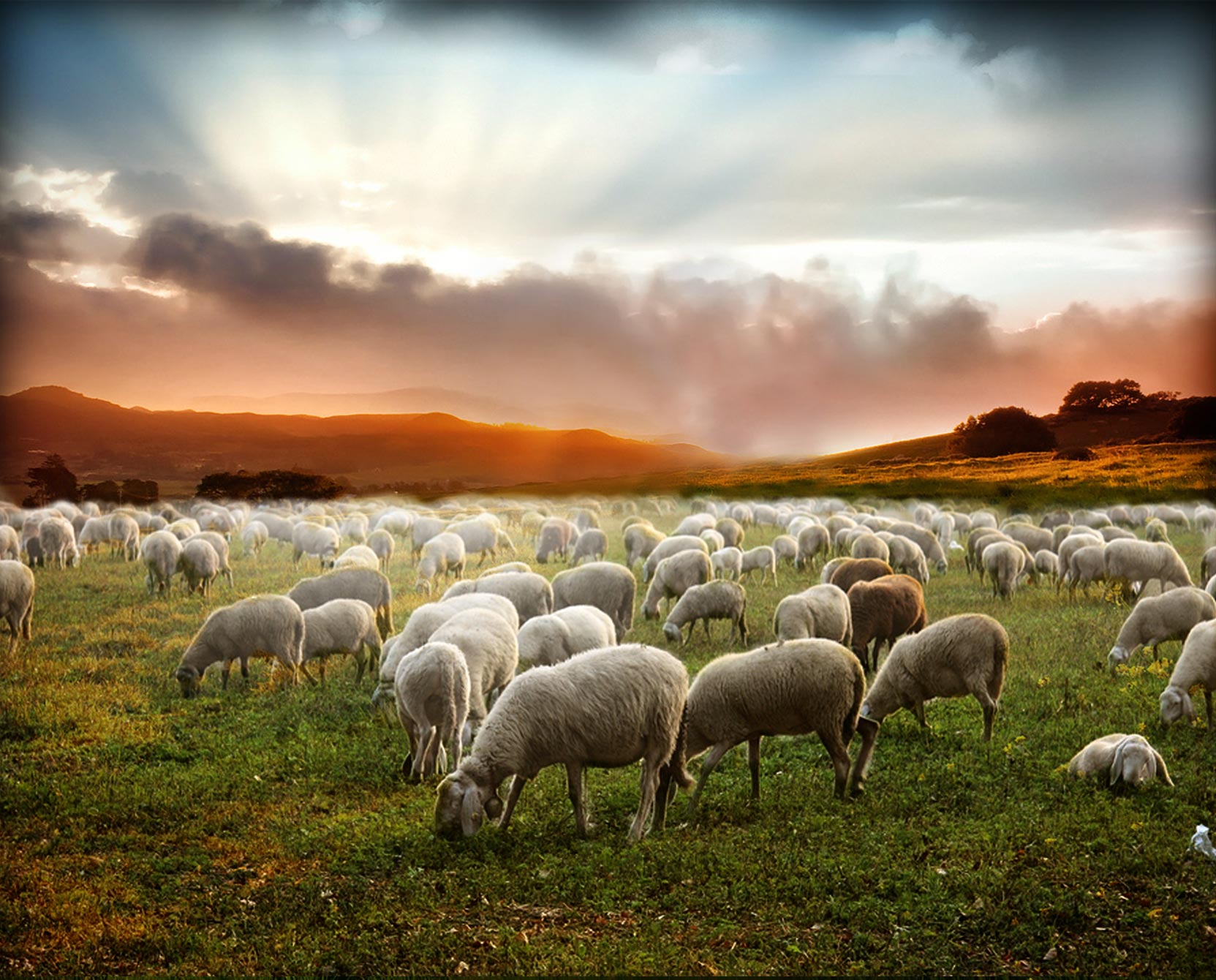Focus on Fiber Arts: Use quality yarns for quality crafts

By Ginger Balch
In my world of fiber, yarn, and all the supplies that go along with it, quality is always of the utmost importance. I learned very early in my career that my choice of materials would ultimately determine the outcome of my work. One of my first sweaters, made for my husband, was carefully knit and put together. It looked great, and I thought that I would wash it before presenting it to him. He never got to wear it.
After the wash, it felt stiff and nasty, so I threw it in the dryer, hoping it would soften up. The sweater then stretched out to gargantuan proportions. The acrylic department store yarn proved unworthy of my efforts. I swore off cheap yarn, found a local yarn shop and never looked back.
I visited the shop at least a few times a week, making one project after another, always adding new techniques to my repertoire. Looking back, I have to credit that store for helping me on the road to become the knitter that I am. After that store closed, I took workshops, studied knitting books and magazines, and surrounded myself with other knitters, always wanting to improve my skills. I eventually was offered a job in a yarn store, where I continued my education, and was able to meet some of the biggest names in the knitting industry. With well over 25 years of knitting experience, I can say that I have paid my dues, and know a thing or two.
Over the years, I have been what some would call a “yarn snob,” but what I prefer to think of as a “purist.” I love natural fibers — how they feel when you work with them, and how they look when finished. Natural fibers don’t easily disappoint. As my shop has grown, I have had to face the realities that not everyone wants to, or can, work with wool. Sadly, some people have a real allergy to animal fibers, while many have varying degrees of sensitivity to them. Many people think that if it’s a little itchy, they are allergic, where if they chose a softer fiber, or a blend, they might be fine.
So in response, I somewhat grudgingly began to offer washable blends of acrylic and wool. Even here I do have my preferences, one which is a 30 percent washable merino and acrylic blend, which is actually made in the USA. The Kraemer yarn company based in Pennsylvania also spun the yarn used to make this winters Olympics uniforms.
Often I have beginner knitters, and weavers who tell me that they want to start a project, but want to use a “cheap” yarn first, so that they don’t waste their “good” yarn. Beginners are the last people who should start out with poor quality yarn. This only gives them a yarn that may make knitting even more challenging, since it may split, which can create all kinds of problems. Quite often an inferior yarn will look worn and pilled by the time the project is completed. To me this is the true waste. A new knitter, especially wants to be able to look at their first project with pride, and know that it will wear well and last, making all the time and energy put into the project worth it.
Quality supplies also make all the difference. Ask any craftsperson, and they will tell you that it is important to work with good tools. All knitting needles are not alike; just take a look at the vast array of needles out on the market. The same needle might not knit as pleasantly from yarn to yarn. Different knitting techniques can often dictate which needle is better for that particular job. Are you still using ancient aluminum needles with tips that have the color worn off? Get some new ones, since those worn tips could discolor your yarn.
Of course we all find ourselves in the position of choosing price over quality and sometimes price wins out; but how often are we sorry that we made that choice, and eventually make the purchase twice? When I was a child, a family friend told me that poor people can’t afford to buy cheap. I guess you might say that left an impression on me.
Want to make a super quick cozy gift for your feet? Here’s an easy pattern for a pair of boot toppers, while we still have cold weather.
With a heavy worsted or chunky yarn, and #8-9,16” circular needle, cast on 56 st. Work in K2, P2 ribbing for about 8” or desired length. Bind off, and weave in ends.
Virginia (Ginger) Balch knits, weaves and spins in all things “fibery” at her shop In Sheep’s Clothing at 10 Water St. Torrington www.in-sheeps-clothing.com or phone 860-482-3979

Leave a Reply